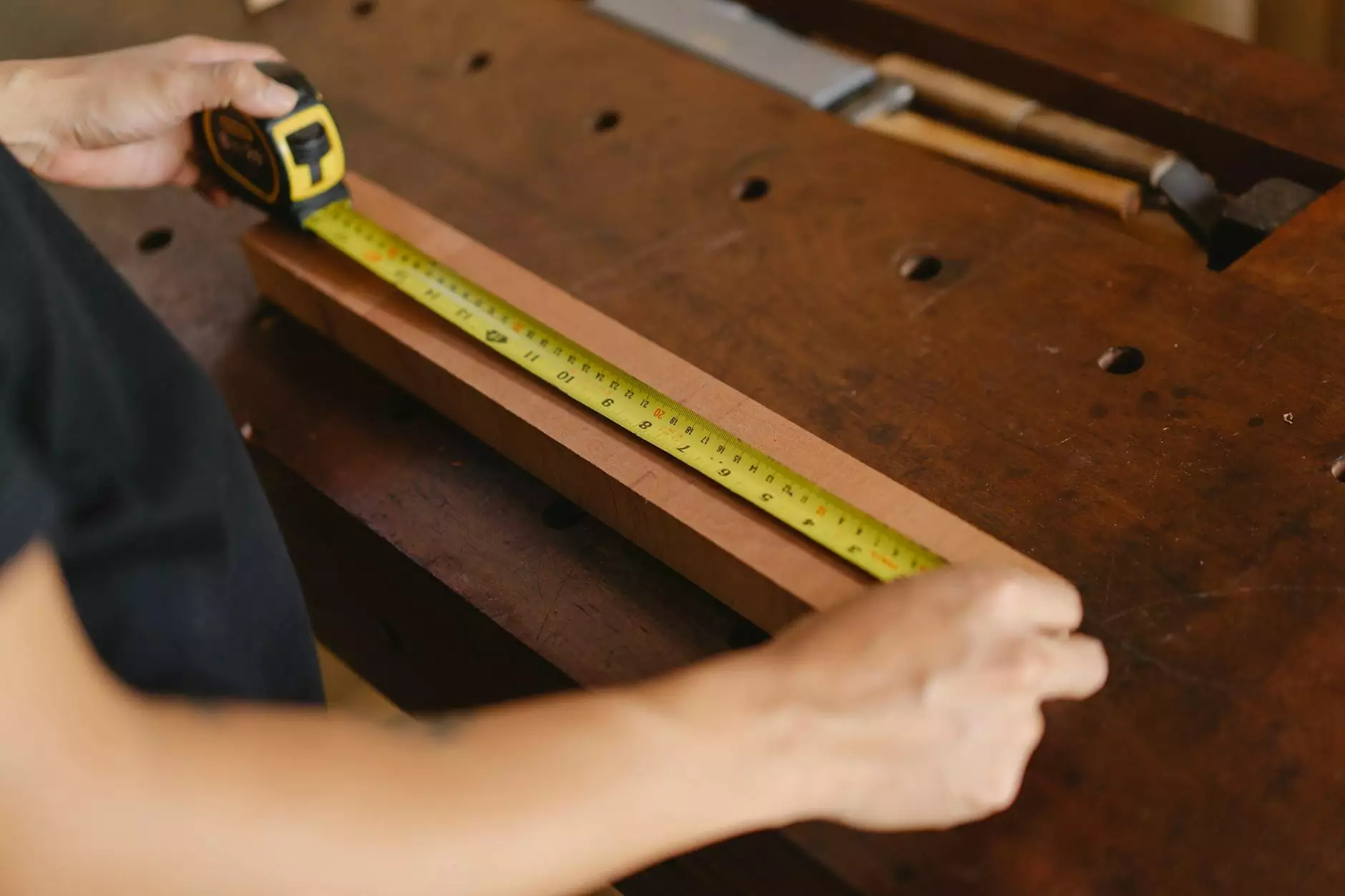The Impact of Concrete Equipment Manufacturers on the Construction Industry

In the rapidly evolving landscape of modern construction, concrete equipment manufacturers play a pivotal role in advancing project efficiency, enhancing safety standards, and boosting overall productivity. This article delves into the critical contributions of these manufacturers, particularly in relation to innovations in electronics and 3D printing technologies.
Understanding Concrete Equipment Manufacturing
Concrete equipment manufacturing encompasses a wide range of machinery and tools that are essential for constructing robust structures. These include:
- Concrete Mixers
- Concrete Pumps
- Batching Plants
- Finishing Equipment
- Precast Concrete Machinery
Each category of equipment serves crucial functions, from mixing and transporting concrete to ensuring precise finishing touches on structures. The diversity in equipment allows for tailored solutions for various construction needs.
Leading Players in the Industry
Several companies have established themselves as leaders among concrete equipment manufacturers, providing innovative solutions that redefine construction processes. Notable manufacturers include:
- Polygon Machinery - A reputable name specializing in high-quality concrete production equipment.
- CAT (Caterpillar) - Known for their range of construction machinery, including concrete-related equipment.
- Schwing GmbH - Renowned for pioneering concrete pumps that improve efficiency on-site.
- Volvo Construction Equipment - Offers a variety of construction machines that encompass concrete equipment.
Innovations in Electronics Shaping Concrete Equipment
As the construction sector embraces technological advancements, the integration of electronics in concrete equipment is becoming increasingly significant. These advancements lead to:
- Enhanced Precision - Electronic controls offer real-time adjustments, improving the quality of concrete mixtures.
- Automated Operations - Robotics and automated machines reduce manual labor and minimize human error.
- Remote Monitoring - Internet of Things (IoT) technology allows for remote access to machine diagnostics and performance metrics.
The Role of Sensors in Concrete Equipment
Sensors embedded in concrete machinery provide valuable feedback regarding the materials' moisture levels, temperature variations, and mixing consistency. This data ensures that operators can make informed decisions to maintain quality standards and optimize workflows.
3D Printing in Concrete Manufacturing
One of the most transformative developments in the construction industry is the rise of 3D printing. This technique allows manufacturers to:
- Create Complex Structures - 3D printing enables the production of intricate designs that are difficult to achieve with traditional methods.
- Reduce Waste - This technology permits precise quantities of concrete to be used, resulting in less waste during the construction process.
- Accelerate Project Timelines - With 3D printing, projects can be completed in significantly less time than conventional construction techniques.
Concrete 3D Printing Technologies
Several innovative 3D printing technologies are changing how concrete is utilized in construction:
- Extrusion-Based Printers - These machines layer material through a nozzle, creating structures layer by layer.
- Binder Jetting - A method that combines dry concrete powder with a liquid binding agent to form solid structures.
- Material Jetting - Utilizes multiple print heads that deposit concrete-like resin, solidifying upon exposure to UV light.
The Sustainability Factor
The construction industry faces increasing scrutiny regarding its environmental impact. Fortunately, many concrete equipment manufacturers are addressing sustainability through:
- Eco-Friendly Materials - Manufacturers are exploring alternative materials that reduce the carbon footprint associated with traditional concrete.
- Energy Efficiency - Innovations have led to more energy-efficient machinery that reduces operational costs and environmental impact.
- Recycling of Materials - Advances in technology now allow for the recycling of concrete waste, reducing landfill contributions.
Choosing the Right Equipment Manufacturer
When selecting a concrete equipment manufacturer, several critical factors must be considered:
- Reputation - Research the manufacturer's reputation in the industry and read reviews from other contractors.
- Product Range - Ensure they offer a comprehensive range of equipment that suits your specific construction needs.
- Customer Support - Assess their customer service and support structure, as ongoing assistance is vital for machinery maintenance.
The Future of Concrete Equipment Manufacturing
As the construction industry embraces further innovation, the future of concrete equipment manufacturers looks promising. Anticipated developments include:
- Smart Machinery - The evolution of smart machines equipped with AI and machine learning capabilities to optimize performance.
- Advanced Automation - An increase in automation will reduce labor costs and enhance productivity on-site.
- Sustainable Practices - Continued efforts towards sustainability will drive manufacturers to develop more environmentally friendly equipment.
Conclusion
The role of concrete equipment manufacturers is indispensable in the construction sector, driving innovations that enhance efficiency, sustainability, and safety. By embracing advancements in electronics and 3D printing technologies, these manufacturers are not only changing how concrete is produced and utilized but are also significantly contributing to the evolution of the entire industry. As we look to the future, ongoing innovation and eco-friendly practices will define the manufacturing of concrete equipment, ensuring the construction industry continues to progress and adapt effectively to global challenges.









